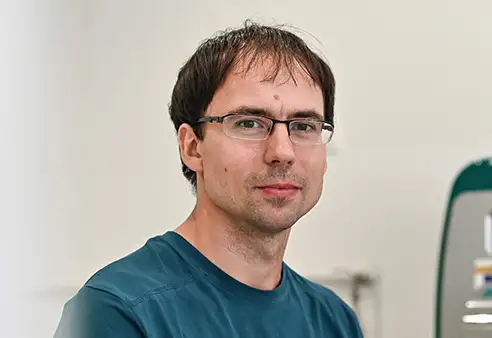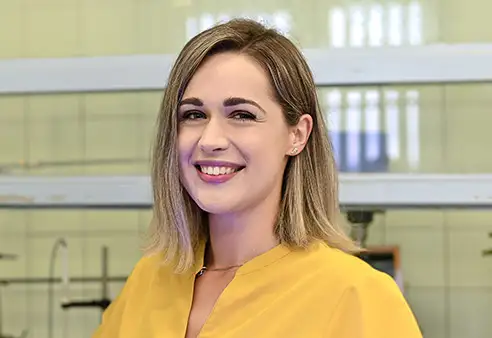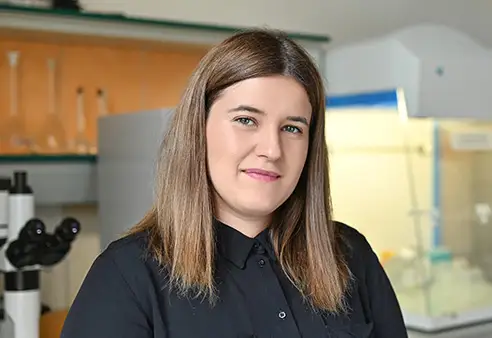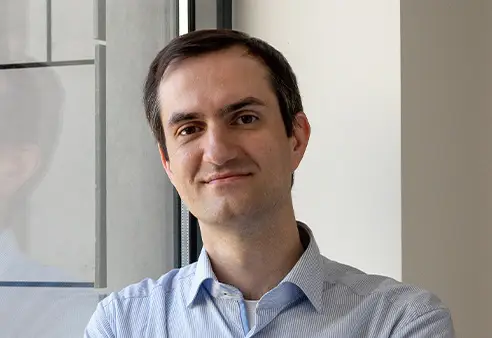We haven't dealt with the topic of lungs in a very long time as we have been in the last year and a half. However, for RNDr. Pavel Mikolka, PhD, it is an everyday task. At the Centre for Biomedicine of the Jessenius Faculty of Medicine, Comenius University in Martin, he works as the head of the Laboratory of Functional Examinations of the Cardiovascular, Nervous and Respiratory Systems.
Pavol Mikolka works on experimental respirology. He examines one crucial substance found in the lungs. Pulmonary surfactant is a thick fluid that lines the lungs with a very thin layer. "Only one gram of this substance covers the entire inner surface of our lungs, i.e. 80 square metres. Try to imagine spreading one gram of butter across the entire football pitch, " this expert explains. We would not be able to breathe without the surfactant. It reduces the surface tension in the lungs, increases their compliance, and thus facilitates breathing. Its lack causes the respiratory distress syndrome, which occurs mainly in premature babies. Before the 30th week of intrauterine development, this substance has not yet been formed and they cannot breathe on their own after birth. Lives of these small patients are saved with a surfactant, which is obtained from the lungs of animals and administered to the lungs of the newborns.
Pavel Mikolka's research focuses on diseases related to pulmonary surfactant damage and their potential treatment. His focus is acute lung damage (acute respiratory distress syndrome, ARDS), which can also occur in adult patients, for example after aspiration of stomach contents during anesthesia, pneumonia or a viral disease such as Covid-19. When the surfactant fails, respiratory failure occurs and patients rely on mechanical ventilation. Although administration of an available surfactant sounds like a suitable therapy, its efficacy in ARDS has not yet been clearly confirmed. This may be due to its composition, biophysical activity, susceptibility to inactivation and also the dose administered. Adult lungs are much larger than the lungs of a newborn, so this therapy is very expensive.
This could be altered by a synthetic surfactant that does not need to be of porcine or bovine origin using sophisticated techniques. So, it represents a potential alternative that can provide more surfactant at a reasonable cost. Additionally, its composition has been modified to be more resistant to inactivation in the environment of damaged lungs. Pavol Mikolka and his team take part in its testing. In experimental conditions on models of acute lung injury, they test the functionality and resistance of a synthetic surfactant and its effect on breathing.
Pavol Mikolka began studying biology at Masaryk University in Brno, and received further education in Martin and Košice. He interned at the Medical University of Vienna and after his doctoral studies he worked at the Karolinska Institutet in Sweden, which is one of the best medical universities in Europe and the world. It was there that he began working with experts who developed a synthetic surfactant, and he continues this research at the Martin Centre for Biomedicine at the Jessenius Faculty of Medicine, Comenius University in Martin.
He devotes his free time mainly to his family and his three little children. He likes to spend time with them in nature. He goes jogging to relax in an active way.



